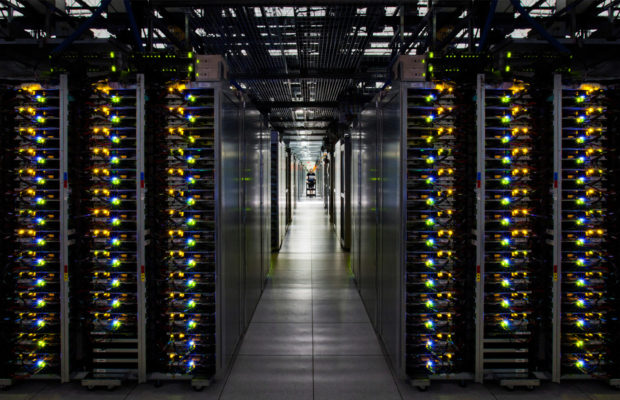Is Your Data Center On Lockdown, Or Do You Just Think It Is?

If your business runs a data center, it’s probably pretty dependent on it. After all, your data center is the gatekeeper to all of the information that keeps you operating. But is your data center secure?
Anti-Virus Will Not Save You
We recently got some rather worrying news that anti-virus software is pretty much useless these days. It’s not that computer viruses have become more virulent. It’s that they are no longer the main way in which your data center will be attacked. The hackers have moved on, and so should you. Finding a way into your data center is now a lot more about compromising staff security and finding exploits.
Keep Your Data Center Hidden Away
Some companies spend so much time worrying about digital security that the forget about physical security. Many don’t even have CCTV systems monitoring their data centers. Remember, your data are valuable. And so hackers and thieves will always target your weakest point. If you’ve got great digital security protocols, that’s great. Just make sure that your physical security can keep up. Always keep data servers in a locked room with CCTV on the inside and out.
Address System Failures Quickly
Hackers aren’t so interested in crafting viruses to get past your firewall. That’s still difficult. What they’re more interested in doing is finding vulnerabilities. Your system is at its most vulnerable when it has just failed. And so it’s imperative that system failures are dealt with as quickly as possible.
Fortunately, there are some great solutions out there. Management systems like DRAC and iLO can remotely monitor systems and alert you to problems.
Control Your Gates
Every data center has certain points at which it can be accessed. Yours is either accessed through the cloud, over the local network or via staff login. It’s unlikely you’ll be able to control every access point individually. So group them according to purpose. Grouping will allow you to find out where a breach occurred and where you are most vulnerable.
Evaluate Device Communication
Right now the PMI specification is outdated. That means that communicating with your server can create damaging vulnerabilities. Older servers are linked to the PMI specification. But newer servers have moved beyond it and are now a lot more secure. If you’re using older servers, install equipment that is more secure.
Close Ports
A crucial vulnerability of data centers is open ports. Hackers can potentially glean information about you and your business through these ports. And that can put your data center at risk. You can close ports by hand. But this is time-consuming, and you may not do a thorough job. The other option is to close ports using a management tool. This is faster and often a lot more comprehensive.
Separate Corporate And Secure Networks
Having two networks in your business; one for business, another for data, is beneficial. For one, you get to isolate your data network, meaning it’s a lot easier to prevent attacks. But you also maintain good performance by holding information away from the main corporate network.













 © 2024
© 2024
0 comments